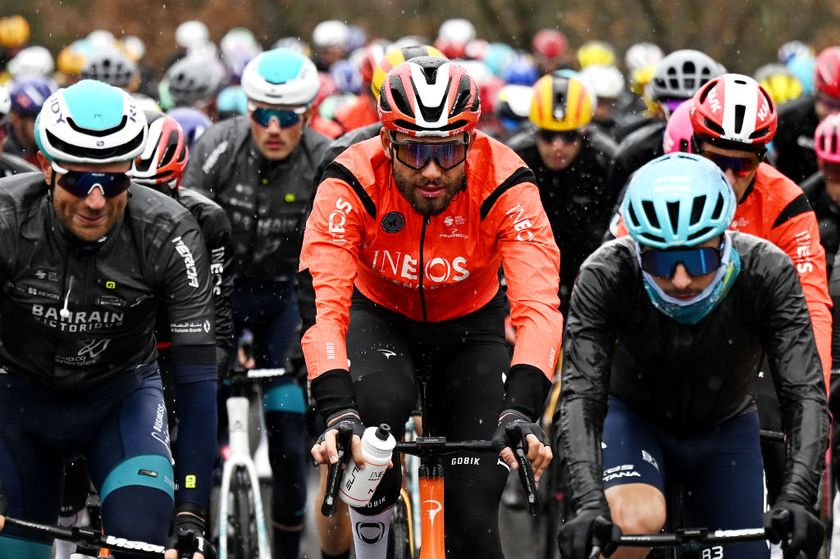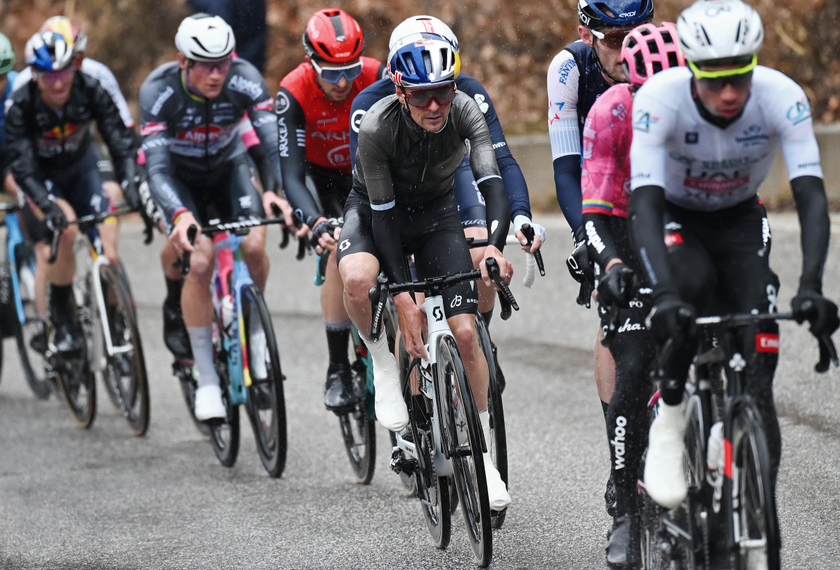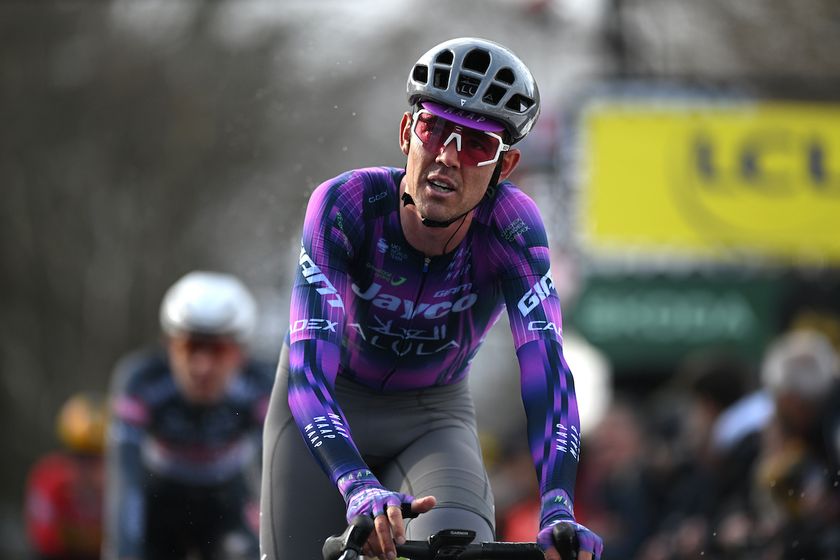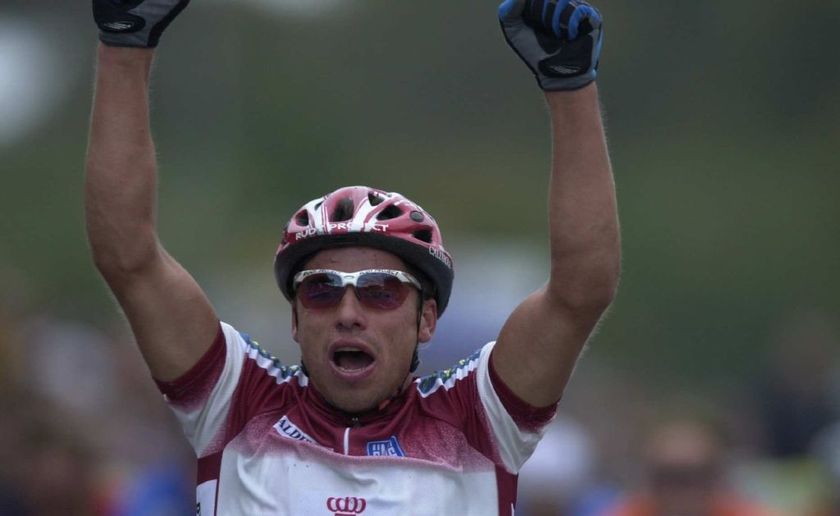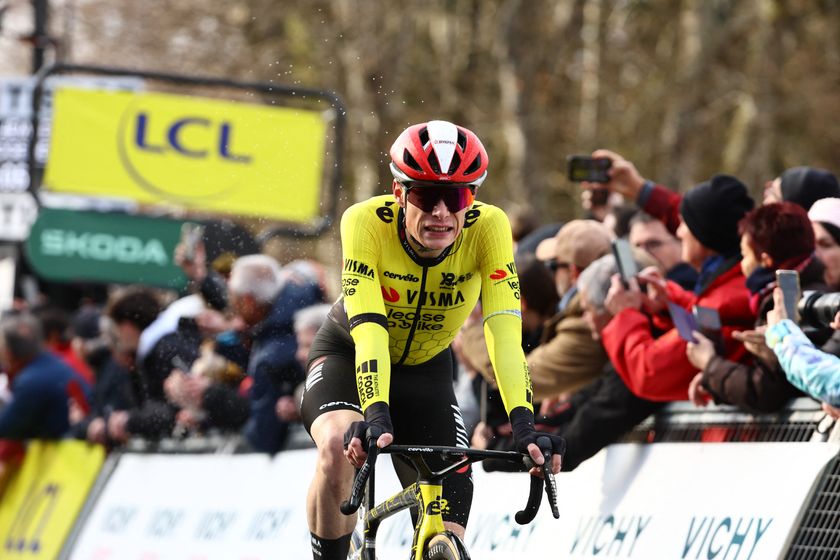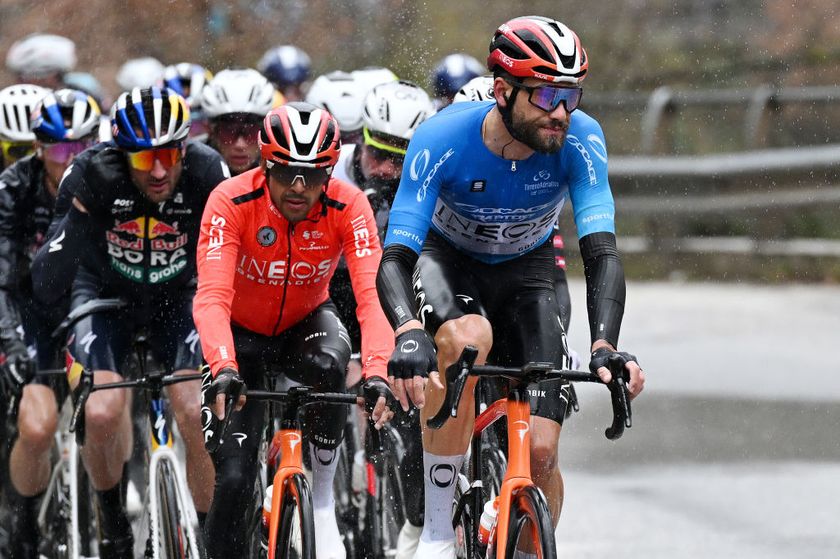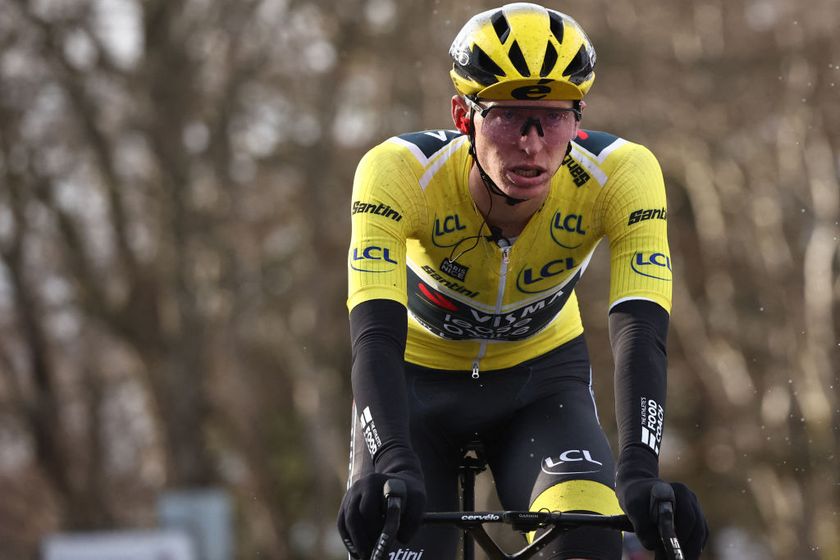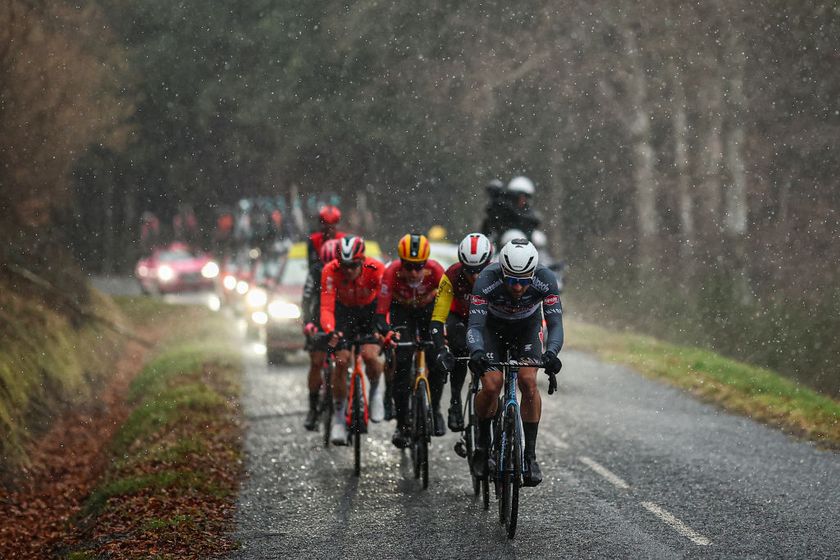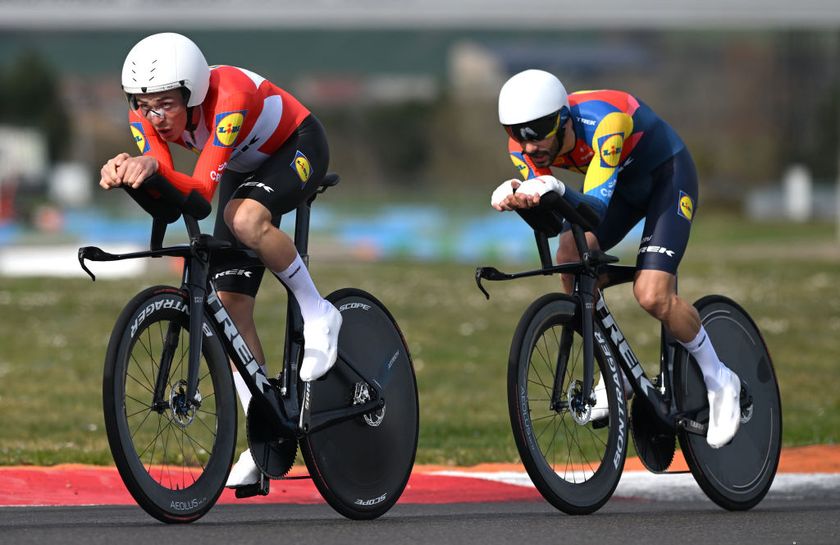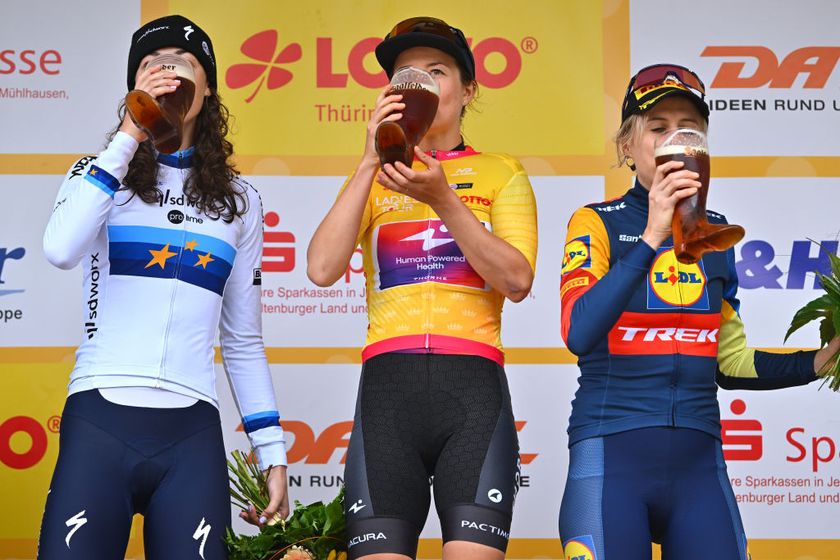Jure Kocjan provisionally suspended for positive EPO test from 2012
Slovenian rider was with American Team Type 1 when sample was taken





Jure Kocjan has been provisionally suspended by the UCI for an anti-doping rule violation dating back to 2012. An anti-doping sample taken from him on March 8, 2012 tested positive for EPO.
Kocjan was racing with the Team Type 1 Sanofi squad that year. The date of the sample was the eve of Dwars door Drenthe, where Kocjan finished 35th.
The governing body added the Slovenian to the list of suspensions without providing additional information beyond the substance and sample collection date.
Kocjan told Cyclingnews via email that his A sample was negative when tested in 2012.
"At this moment I do not have a lot to say," he wrote. "Sample A was negative back in 2012 and now B turns out positive. Because of investigation I can't say much more right now."
Kocjan moved up to the WorldTour following his two seasons with Team Type 1, joining Euskaltel-Euskadi, but after the team folded, he returned to the US domestic circuit with Team Smartstop.
In 2012, Kocjan won two stages of the Tour du Limousin. His most recent results include a stage win in the Tour of Utah, second place in the Philadelphia Classic, and the overall at Grand Prix Cycliste Saguenay.
Get The Leadout Newsletter
The latest race content, interviews, features, reviews and expert buying guides, direct to your inbox!
He is currently signed with the Lupus Racing Team, a Continental US squad.
The news of his provisional suspension comes several months after two other cyclists were suspended after retrospective testing was performed on their frozen samples. Slovenian mountain biker Blaza Klemencic was suspended for an EPO positive dating to March 27, 2012, and another former Team Type 1 rider, Russian Alexey Shmidt was suspended after a sample of his from November 15, 2011 came back positive for EPO.
The retrospective testing came to light first when the UCI suspended Katusha rider Giampaolo Caruso last August for an EPO positive that came about on a re-analysis of a sample also from March 27, 2012.
The UCI stated last year that it had established a strategy for storage and re-analysis of samples. While it intended to focus on major riders, the UCI also stated it would keep other samples, "based on risk assessment carried out by the CADF, laboratory recommendations, Athlete Biological Passport data, new detection methods and scientific developments." The rules allow for re-analysis up to 10 years from the collection date.
